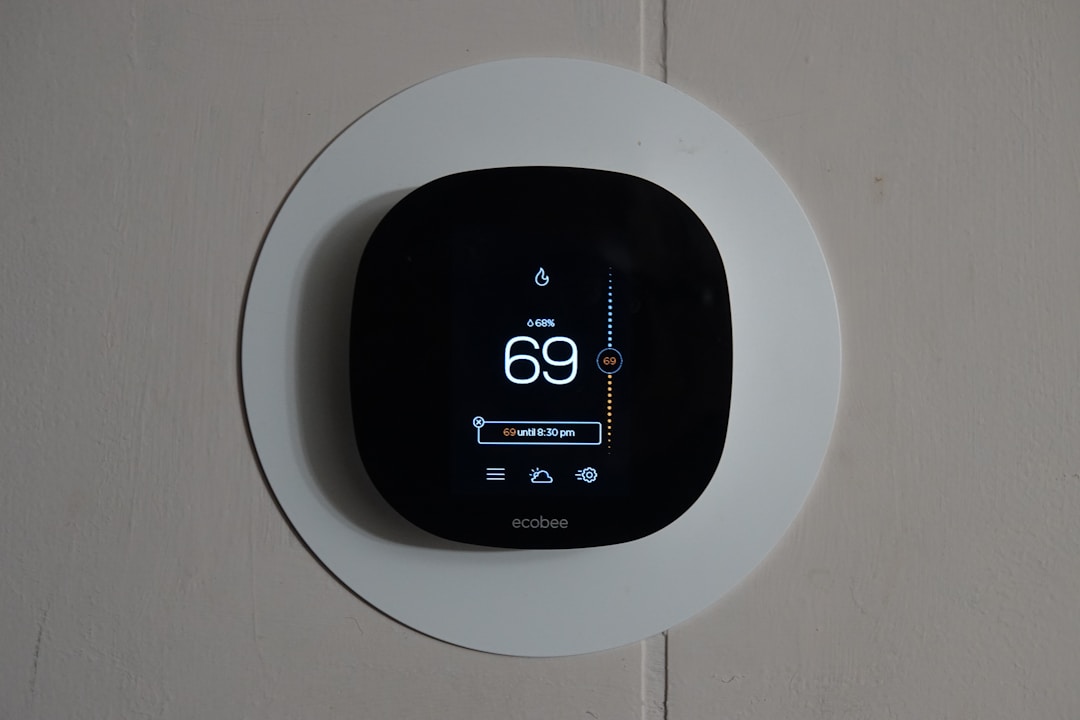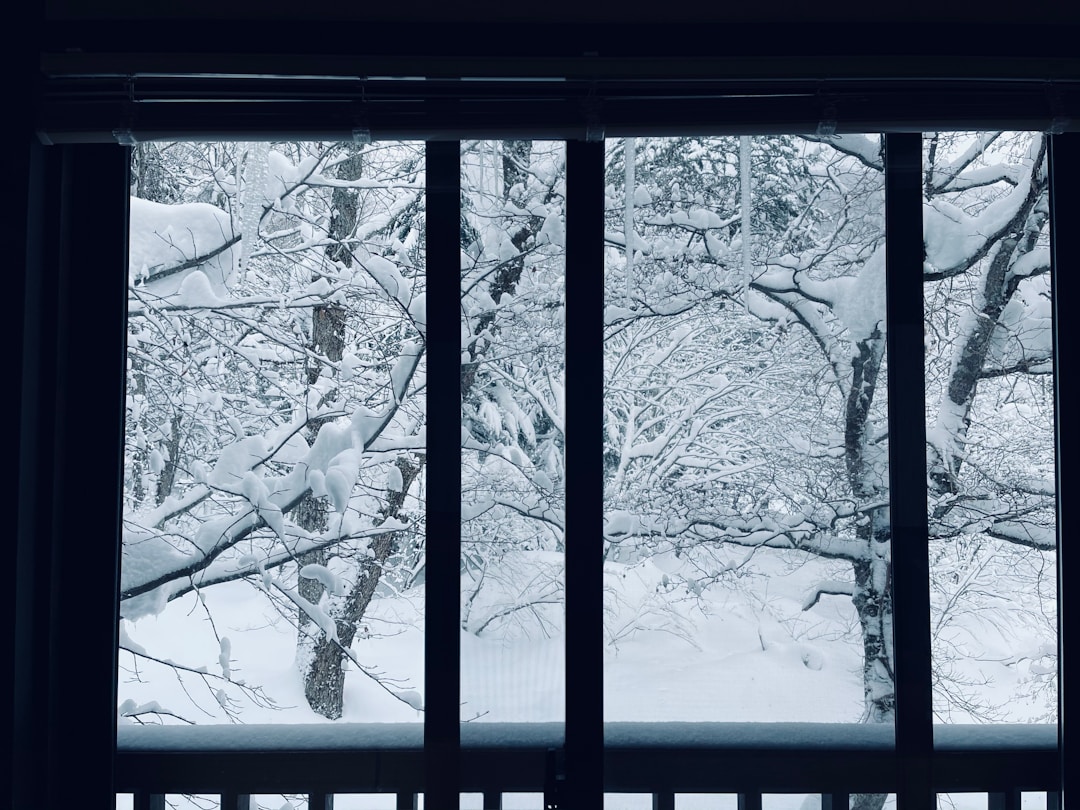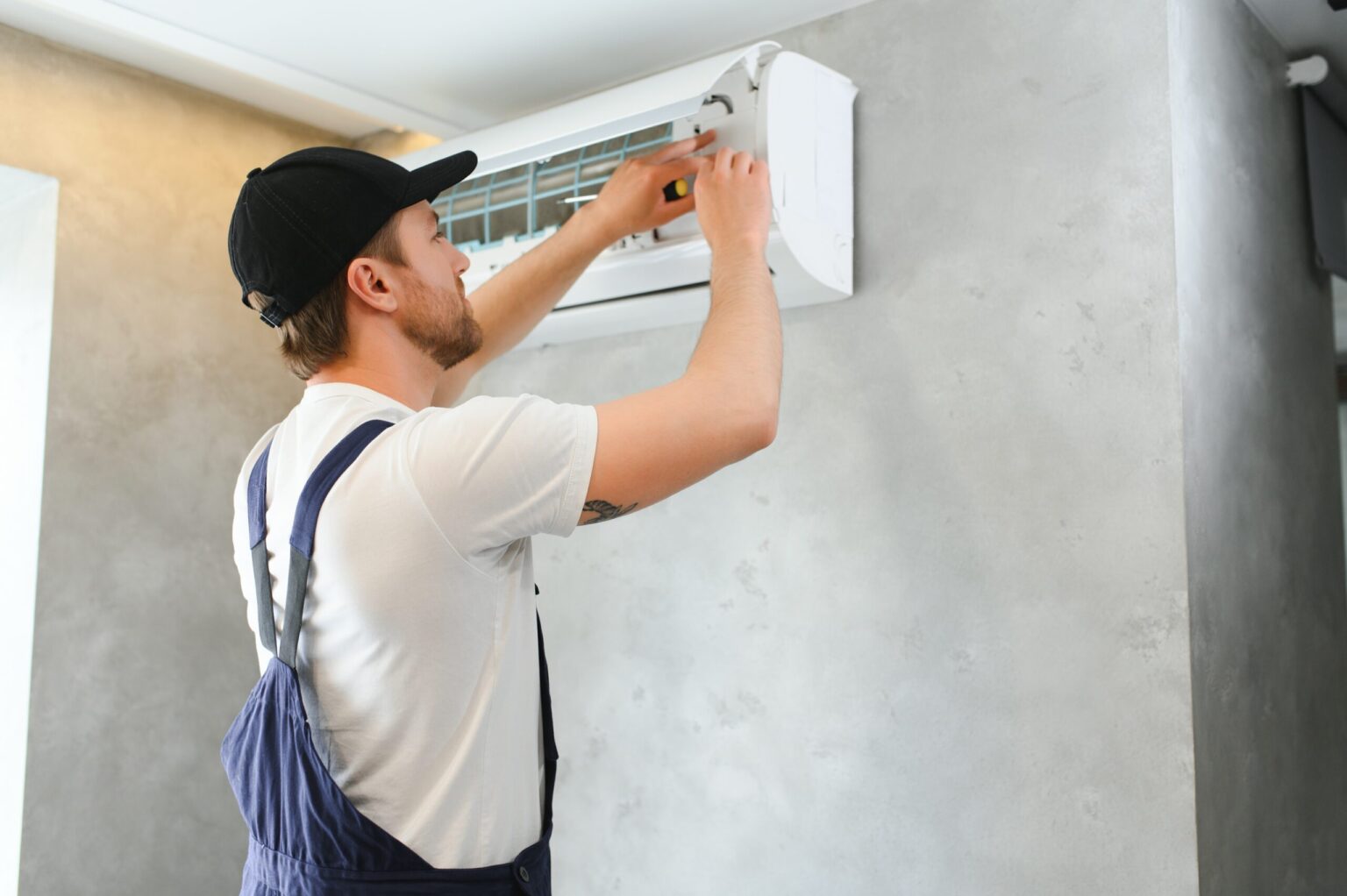Being a new homeowner brings with it a lot of responsibilities. Among these, ensuring the optimal operation of your home’s HVAC system is crucial. Your HVAC system offers you comfort during extreme weather conditions and guarantees that you and your family live in a healthy and cozy atmosphere. However, as important as HVAC systems are, they can sometimes be complex to maintain. Without the correct maintenance regime, these systems may lose their efficiency and struggle to perform at their best, often leading to costly repairs. In this article, learn about the easiest and most effective HVAC maintenance tips that every new homeowner should know.
Understanding Your HVAC System

As a new homeowner, the first step towards maintaining your HVAC system is to understand how it works. Take some time to research your specific HVAC system’s make and model, its components, and its operation. This knowledge can help you identify minor issues before they snowball into serious problems. The instruction manual is often comprehensive enough to provide a good understanding. If you’re still struggling to understand some aspects of your HVAC system, don’t hesitate to consult an HVAC contractor Pittsburgh PA.
An HVAC contractor can assist you with repairs, maintenance, and upgrades. This can eliminate stress and allow you to focus on other household tasks. Beyond that, it’s worth noting the importance of an HVAC energy efficiency rating, which an HVAC technician can tell you about. Knowing these ratings can help you determine the energy consumption of your HVAC system and consequently manage your energy bills.
Proper Ventilation is Vital
An integral part of maintaining an HVAC system is ensuring proper ventilation. Inadequate ventilation can cause a number of problems, including the accumulation of indoor pollutants, a buildup of condensation, and an imbalance in indoor temperatures. All these issues can lead to an inefficient HVAC system and unhealthy living conditions in your home. Be sure that your vents are not blocked by furniture, curtains, or toys.
Blocked vents can cause imbalances in the internal pressure of your HVAC system, impacting its efficiency. In addition, keep an eye out for signs of poor ventilation like humidity issues, condensation on windows, or stale smells inside your home, which also improves your home’s air quality. It’s also advisable to use ventilation fans in bathrooms and kitchens to remove humidity and heat. Do not leave these fans on for longer than necessary, as this can lead to excessive energy consumption.
Be Aware of Seasonal Maintenance

Different seasons call for different kinds of HVAC maintenance. For instance, in preparation for winter, you should make sure the heating components of your HVAC system are working efficiently. This entails inspecting your furnace for potential leaks, rust, soot, or frayed wires. In anticipation of the summer season, focusing on the air conditioning components becomes critical. You should check that your outdoor units are free from dirt, leaves, and other debris that accumulate during the winter and spring seasons.
Your air conditioning refrigerant levels need to be satisfactory too. A low refrigerant level can possibly indicate a leak and should be addressed immediately. During fall, it’s a good time to replace your furnace filter and prepare your HVAC system for the cold winter months. That said, regardless of the season, some aspects of HVAC maintenance should be carried out regularly.
As you can see, maintaining your HVAC system efficiently isn’t as daunting as it might seem at first. By understanding your system, keeping it clean, ensuring regular inspections, providing proper ventilation, being aware of seasonal maintenance, investing in a programmable thermostat, and being ready for unexpected repairs, you can extend the lifespan of your HVAC system and increase its efficiency. By following the tips laid out in this guide, new homeowners can guarantee a more comfortable and healthy home, while also saving money on energy costs.


